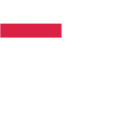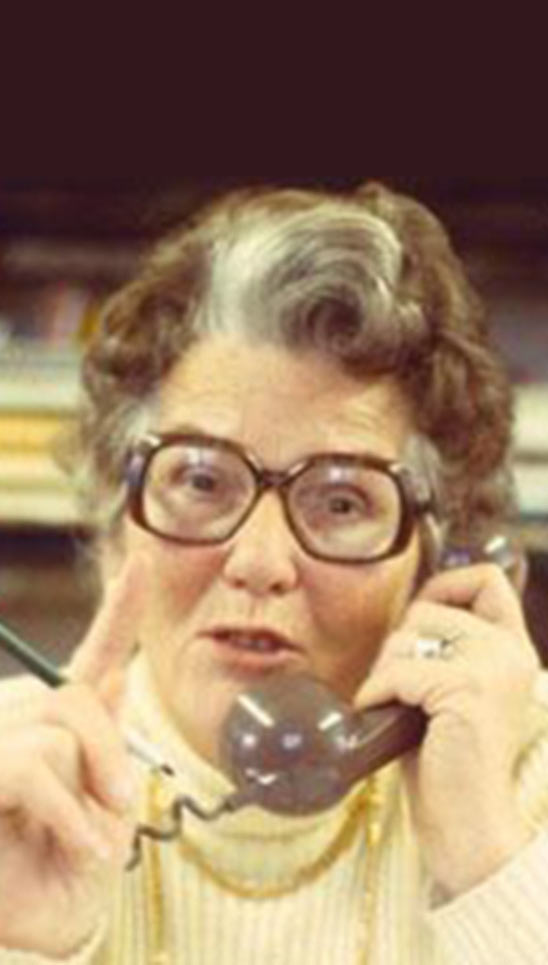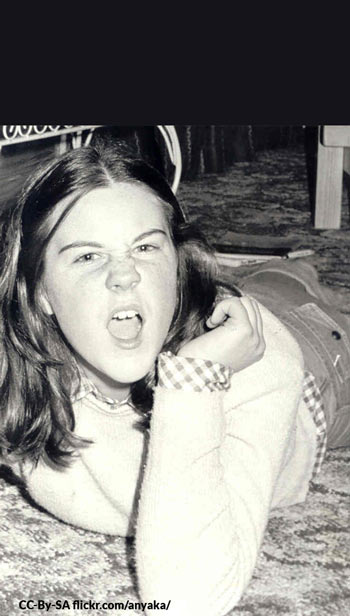UK FILTERING
We're protecting people from themselves
It's only natural that people worry about their kids, isn't it? The problem is that educating them about tricky things like relationships, pornography and hate speech costs a lot of money. Not only that, the Daily Mail don't like it and there's an election due next year. So we're all better off if we pretend we're sorting out social problems by banning the internet. Job done.
Every major internet service provider (ISP) in the UK has introduced filters to block adult content. All new subscribers to an ISP will be asked to accept filters. Usually, new customers will see a screen of pre-checked boxes that they are asked to accept. They will see this screen even if they don't have children living at home. This year, ISPs will also promote filters to existing customers. The ISPs won’t tell us how they are going to do this but we expect that it will involve a browser intercept to prompt users to put filters on.
This is the culmination of a long campaign by the government. There was no debate in parliament, no laws were passed. There were just a series of closed meetings, following the publication of a report by Claire Perry MP, which was sponsored by Christian charity Safermedia and radio broadcaster Premier Christian Media.
If parents don't want filters, they shouldn’t be guilt-tripped into switching them on. If you don’t have kids, then there is absolutely no reason you should use filters.
What do filters block?
Adult content is not just pornography. It's anything that is supposed to be unsuitable for a child or young person, who is under 18. This includes web forums and websites about alcohol, smoking, suicide, anorexia and politics. No one knows which sites are on the lists that Internet providers are using. Recently, the government asked to add secret extremist website lists to the blacklist as well so we can only expect that this list will grow and grow.
Why are politicians calling for filters if they don’t work?
Filters are an easy solution for a complicated problem. No one wants their children seeing porn or stuff that might upset them but David Cameron’s suggestion of, "one click to protect your whole home and keep your children safe," is deeply irresponsible. Parents need to talk to their children about their internet use. Talking about porn, extremism or self-harming sites might not come naturally to most of us. But we have a responsibility to equip our children with the skills they need to navigate their way in the digital world – just as we do in the non-digital world. Filters alone don’t do that.
What if no one switches filters on?
If it turns out the public don't want filters to censor what they see online, we think that politicians will start asking for blocks that are even harder to switch off. They will continue to claim that filters can solve complex social problems. We have to discredit this ridiculous idea. We don't have to put up with censorship just to make their lives easier.





